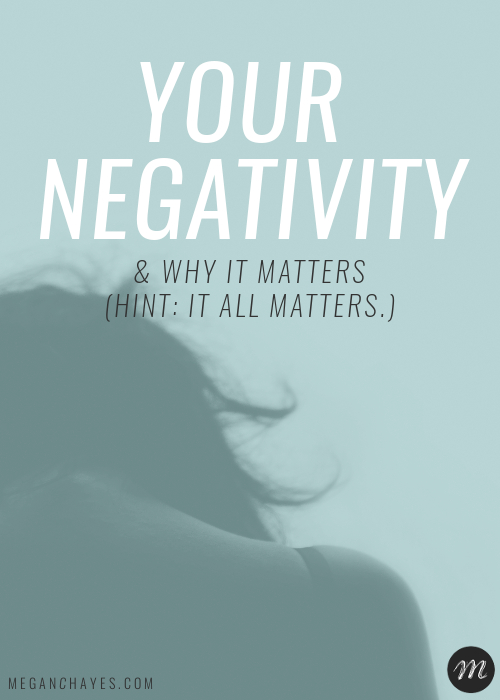Meet Jane.
Jane: The facts
Jane is 28, lives in a large US city, works for a medium-sized corporation, is recently married and comes from a big family.
Yawn. Not very interesting, is it?
Why? Because these are the facts of Jane, yet they don’t give away much about her. We don’t know Jane from this report of the key aspects of her life. If Jane read this account, she probably wouldn’t see much of who she feels she really is in it. If her friends read it, they’d probably think ‘that could be any one of my friends.’
The problem with the description as a way to really know Jane is that it lacks personality; it lacks a story.
In fact, many psychologists would say that’s exactly what personality is: a story we tell about ourselves, to ourselves, and to others; a story we author and co-author with our culture and those close to us.
“Identity itself takes the form of a story, complete with setting, scenes, character, plot and theme.” – Dan P. McAdams
Could this be true? And how might this affect the way we look at our lives? Or our happiness?
Let’s look again at Jane.
Jane: The story
What if I told you Jane grew up on a coffee farm in central America; that she began painting as a child and then moved to North America to study Fine Art at college where she met Joe, who wanted to be a pilot? What if I told you that she’s taken the job at Dull Corp. so that Joe can finally get his pilots licence and they’ll be able to save and start a family, who they’ll eventually move back to Central America to enjoy the same happy childhood years? Then Jane will finally have the time to paint again, the thing she really loves.
Now do you feel you know Jane a little better? This is Jane’s story. This is how Jane knows Jane. This is how friends, and family, and husband Joe, know Jane.
Why is this important?
I think this illustrates that the meaning, purpose and value of our lives are not often found in the facts alone, like what we do, where we live, or who we know. Meaning, purpose and value are found in the stories we choose to tell; the stories whereby we weave these facts into something more than the sum of their parts.
As McAdams writes: “Life stories are based on biographical facts, but they go considerably beyond the facts.” He adds that people “appropriate aspects of their experience and imaginatively construe both past and future to construct stories… that vivify and integrate life.”
Whether or not this theory is ‘true’ (and the debate continues amongst psychologists) I think it’s useful. I think it empowers us, because it gives us permission to be creative with our own lives; to retell unhelpful stories, as we might do in CBT for example. It helps us to think of disruptions to our story as plot twists rather than conclusions. It helps us to keep going in the tough times, flourish in the good and perhaps even to be wild optimists. Because, of course, if our very identities are organised as stories, then certainly our sense of whether we are happy or not is a part of this story, if not a story of it’s very own. I think this is pretty revolutionary, especially for the field of positive psychology.
Try It: Write the Story of Your Self
How might we apply this theory to our own lives? Have a go at the same exercise I did with Jane, but with your self as the subject.
Step 1
Write purely the facts about your life, as I initially did with Jane. This will probably feel dry, and dull and not like you at all, and this is a great way to remember we are not defined by the facts of our lives alone.
Step 2
Tell your story. Write a brief paragraph that sets out the evolving narrative of your life as succinctly as possible, with an eye on your remembered past, a taste of the present and a glimpse of your imagined future. If you need help getting started, use my example of Jane as a template:
I grew up [where?] and I began [what?] as a child.
I moved to [where?] to [study/work] and I met [lover, business partner, best friend] who [tell us something of their story].
I took a job at [where?] so that I could [work my way up the ladder/save for my other big dream].
In the future I will [move/travel/start a family] because that’s the most important thing to me.
If the story feels meaningful and rich with purpose, then you can stop here. If it doesn’t, why not try a further exercise: rewrite the story. Rewrite it and rewrite it again until you hit on a version that feels meaningful, whether your focus is in the past, present or future. Try writing in both the first and third person. Notice any difference in how this feels. Importantly, this may not be something you feel able to do in one sitting, and that’s fine; take a few days or even weeks to work on your rewrites, remembering that our stories are constantly evolving and it’s not necessary to have your story “figured out.”
I believe this exercise is potentially very powerful because, if psychologists such as McAdams are right, who we are is never a fixed and idle thing; personality is a fluid and evolving narrative that, rather than being a storyline we’re stuck with, is a story we get a lifetime to edit and re-tell.
Share?
If you want to share, I’d love to see your story. You can either post it in the comments below, email it to me megan[at]meganchayes[dot]com or share it on Instagram with #happinessisastory and tag me @megan.c.hayes so I definitely won’t miss it.


